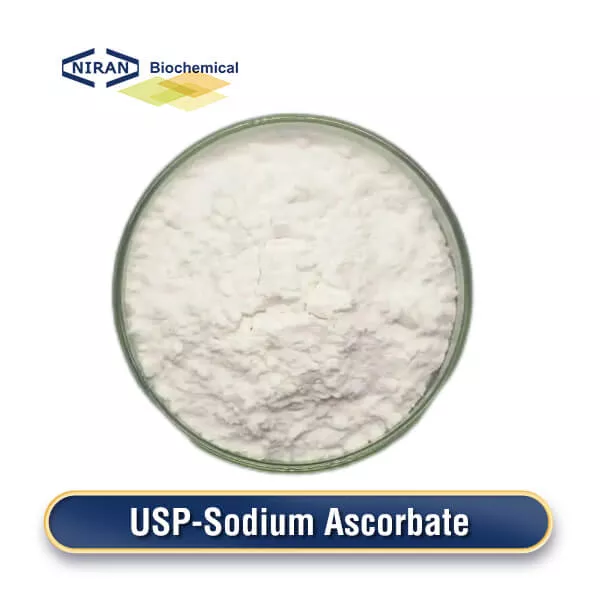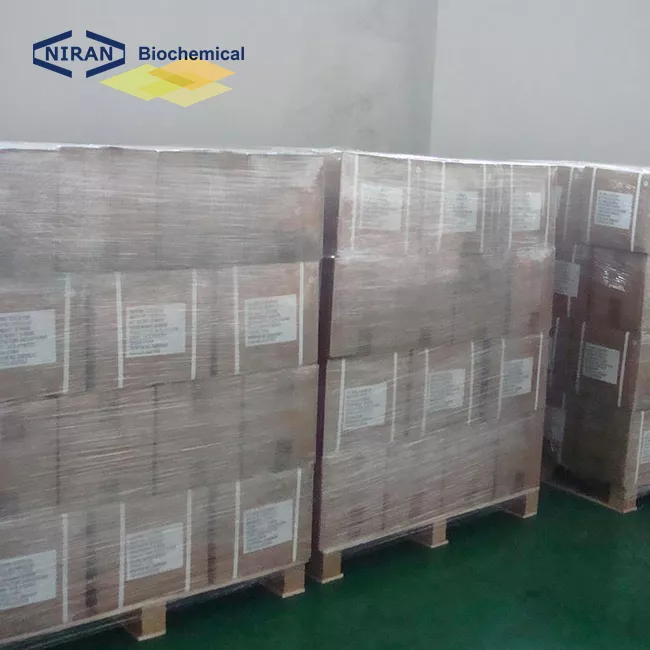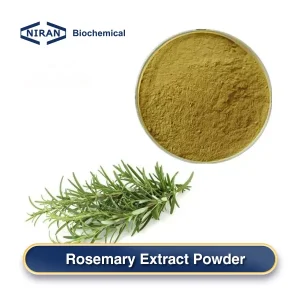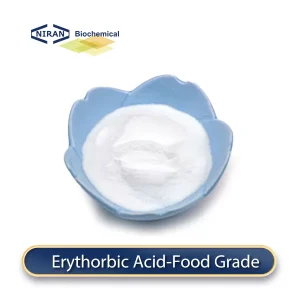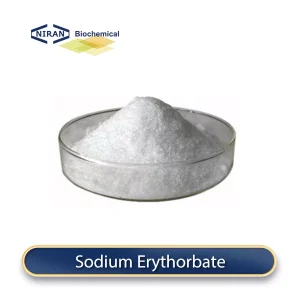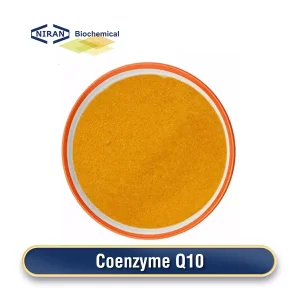Niran Biochemical
YOUR RELIABLE FOOD INGREDIENTS
Send Inquiry
Home » Products » Antioxidants » Sodium Ascorbate
Sodium Ascorbate
- CAS: 134-03-2
- Chemical Formula: C6H7O6Na
- Certification: KOSHER, ISO, HALAL, FSSC22000, BRC, etc.
- Standard: BP2016/USP39/E301
- MOQ: 1000KG
- Shelf Life: 2 Years
Inquire Product
Product Description
What is Sodium Ascorbate?
The hue of sodium ascorbate, which is crystalline and can be white or slightly yellow, varies. It is an organic material. It is odorless and relatively stable in a dry state. It can be used as a food nutrient enhancer in the food industry, as a colorant and antioxidant. It performs the same role as vitamin C.
There are two main preparation processes for sodium ascorbate:
1. Using vitamin C (Ascorbic Acid) and sodium salt (such as sodium hydroxide) as raw materials. Using solvent extraction, crystallization and other separation techniques to remove impurities to obtain high-purity sodium ascorbate. In China, this preparation process has high production efficiency, is suitable for large-scale production, has low production costs, and is relatively mature.
2. Using specific microorganisms to convert raw materials into sodium ascorbate during fermentation, but the production cost of this process may be high and the technical requirements are complex.
Related parameters:
| Items | Standards |
| Test for Ascorbate | Pass |
| Test for Sodium | Pass |
| Specific Optical Rotation | +103°–+106° |
| PH(10% aqueous solution) | 7.0-8.0 |
| Loss of Drying | ≤0.25% |
| Heavy Metals | ≤10ppm |
| Oxalic acid | ≤0.3% |
| Arsenic | ≤3 mg/kg |
| Lead | ≤2 mg/kg |
| Mercury | ≤1mg/kg |
| Assay | 99.0%-101.0% |
| Organic Volatile Impurities | Pass |
Recommended dosage:
| Food name | Maximum usage(g/kg) |
| Juice drinks | 0.1-0.2 g/kg |
| Canned food | 0.1-0.2 g/kg |
| Seasonings | 0.05-0.1 g/kg |
| Meat products | 0.1-0.2 g/kg |
| Bakery | 0.05-0.1 g/kg |
| Biscuits | 0.05-0.1 g/kg |
| Chocolate | 0.05-0.1 g/kg |
| Candy | 0.05-0.1 g/kg |
| Canned vegetables | 0.1-0.2 g/kg |
| Fermented beverages | 0.1-0.2 g/kg |
| Protein powder | 0.05-0.1 g/kg |
| Frozen fruit | 0.05-0.1 g/kg |
| Seasoning drinks | 0.1-0.2 g/kg |
Sodium Ascorbate has a wide range of uses
1. Sodium ascorbate is a potent antioxidant that can prolong food’s shelf life by preventing fats and oils from oxidizing.
2. As a source of vitamin C, it can enhance the nutritional value of food and help replenish the vitamin C needed by the human body.
3. It can inhibit the growth of some microorganisms, thereby playing a preservative role.
4. In some foods and beverages, Sodium Ascorbate can help stabilize other ingredients and prevent them from spoiling.
User asked question:
Q: What is the difference between Sodium Ascorbate and ordinary vitamin C?
A: 1. Sodium Ascorbate is more stable than ordinary vitamin C, especially in an acidic environment, and is not easily oxidized or degraded, so it can maintain a longer shelf life when used in food and health products.
2. Sodium Ascorbate has a lower acidity and is generally less irritating to the stomach, so it is more suitable for those who are sensitive to acidic substances.
3. Sodium Ascorbate is often used in food and health products, and can replace ordinary vitamin C to improve stability and reduce gastrointestinal irritation.

